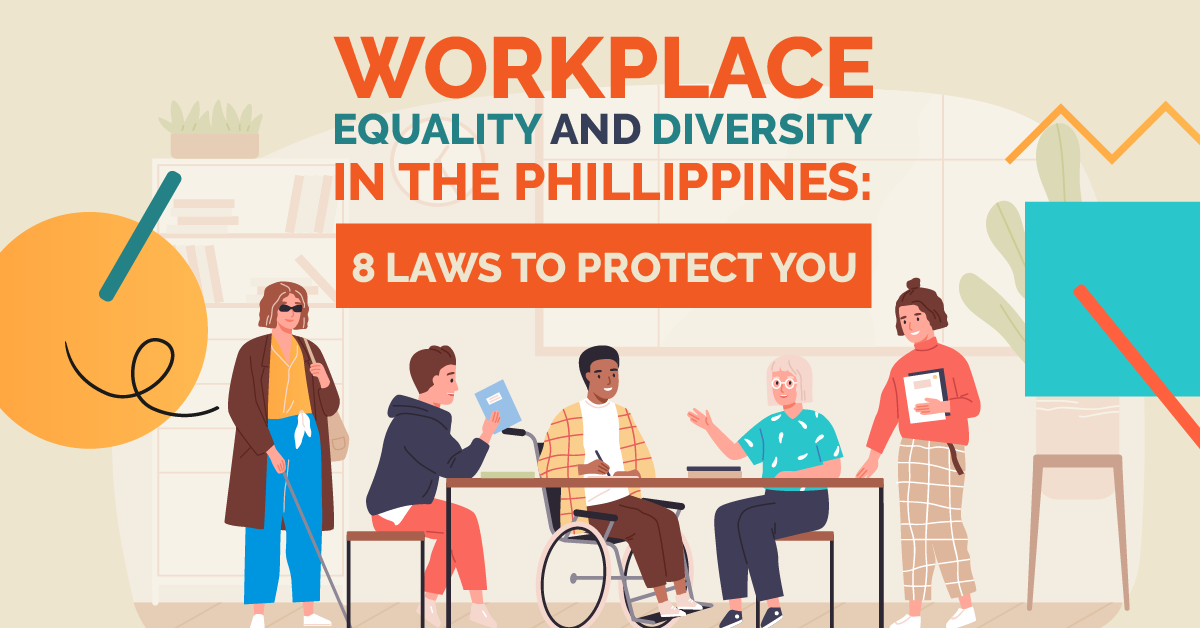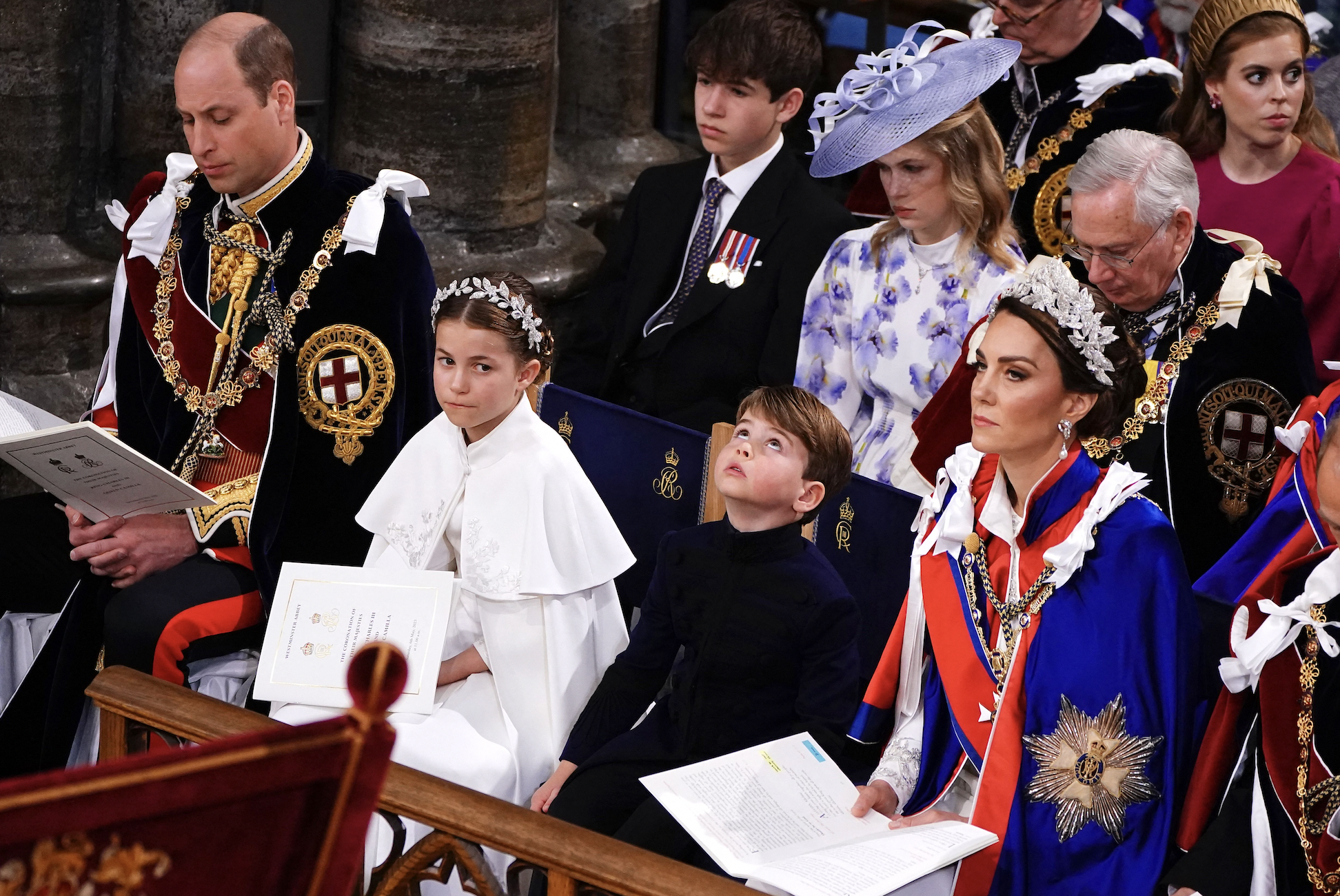What are the laws that protect against discrimination in the Philippines:The Philippines has various laws against discrimination, including the 1987 Constitution’s Equal Protection Clause, the Magna Carta of Women (RA 9710), the Indigenous Peoples’ Rights Act (RA 8371), and the Safe Spaces Act (RA 11313).

Constitutional Mandate
The 1987 Philippine Constitution is a bedrock legal document that safeguards the rights and freedoms of every Filipino.
Article III, Section 1 of the 1987 Philippine Constitution: Equal Protection Clause
Article III, Section 1 of the 1987 Philippine Constitution explicitly states:
“No person shall be deprived of life, liberty, or property without due process of law, nor shall any person be denied the equal protection of the laws.”
This provision prohibits the government from unduly favoring or discriminating against any individual or group. It seeks to guarantee that laws apply uniformly to all, irrespective of their circumstances, ensuring that no subset of the population receives preferential or prejudicial treatment.
Implications of the Equal Protection Clause
The implications of the Equal Protection Clause are profound. This clause mandates rigorous scrutiny of laws that appear to treat groups differently, requiring justification for compelling state interest. It underpins pivotal rulings in Philippine courts, addressing not just overt discrimination but also unintentional biases. Government and judiciary must align with equal protection’s essence when applying laws.

Labor and Employment
These laws seek to ensure fair treatment, equal opportunity, and a safe working environment for everyone, regardless of gender, age, or other distinguishing characteristics. Two notable laws in this category address discrimination against women in employment and bullying in schools and workplaces.
Republic Act No. 6725: Strengthening the Prohibition on Discrimination Against Women with Respect to Terms and Conditions of Employment
- Objective: This act aims to fortify the rights of women in the workforce, ensuring they are treated on par with their male counterparts.
Provisions:
-
- Employers are prohibited from discriminating against women in matters of hiring, promotion, training, or assignment.
- It is illegal to dismiss, discharge, or otherwise prejudice a woman employee for reasons related to her gender or marital status.
- Employers are restricted from denying women employees benefits provided by law, including maternity leave.
- Sanctions, including fines and imprisonment, are in place for employers found guilty of violating the act.
- Scope and Application: The act applies to all employers, including those in the private sector, government agencies, and educational institutions.
Republic Act No. 10627: Anti-Bullying Act of 2013 (in schools and workplaces)
- Objective: This legislation aims to protect individuals, especially students, from bullying behaviors, ensuring a safe learning and working environment.
Provisions:
-
- All elementary and secondary schools are mandated to implement policies to address the act of bullying in their institutions.
- Bullying, as defined by the law, includes any severe or repeated use of written, verbal, or electronic expressions, or physical acts, that cause harm or apprehension.
- Schools are required to provide mechanisms for anonymous reporting of bullying incidents.
- Schools failing to comply with the mandates of the law can face penalties, ranging from administrative sanctions to the revocation of their license or accreditation.
Scope and Application: While primarily targeting schools, the spirit of the law encourages all institutions, including workplaces, to foster environments free from bullying and harassment.
Gender Equality and Women’s Rights
In the Philippines, gender equality and the protection of women’s rights have been pivotal areas of focus and legislative action. The country has witnessed the establishment of several laws, which intend to fortify the rights of women and eliminate any forms of gender-based prejudice or harm. Two prime examples of such laws are the Magna Carta of Women and the Safe Spaces Act.
Republic Act No. 9710: Magna Carta of Women
- Objective: A comprehensive women’s human rights law that seeks to eliminate discrimination against women by recognizing, protecting, fulfilling, and promoting their rights, especially marginalized women.
Provisions:
-
- Guarantees the civil, political, social, and cultural rights of women, particularly those in marginalized sectors.
- Mandates the state to uphold women’s rights in cases of disasters, crises, and other distressing situations.
- Advocates for equal treatment before the law, meaning women should benefit from development and advancement equally with men.
- Addresses issues of violence against women, ensuring timely and responsive judicial processes.
- Scope and Application: The law encompasses women from all walks of life, with particular emphasis on those belonging to marginalized sectors.
Republic Act No. 11313: Safe Spaces Act (or “Bawal Bastos” Law)
- Objective: This legislation seeks to prevent gender-based sexual harassment from occurring in streets, public spaces, online workplaces, and educational or training institutions.
Provisions:
-
- Identifies various forms of gender-based street and public spaces harassment, including catcalling, wolf-whistling, unwanted invitations, misogynistic, transphobic, homophobic, and sexist slurs.
- Requires establishments, particularly bars, restaurants, cinemas, malls, and transportation terminals, to install clearly visible anti-sexual harassment warning signs.
- Stipulates that violators face penalties ranging from community service, fines, or even imprisonment depending on the gravity of the offense.
- Scope and Application: The law is applicable in various public and private spaces, ensuring that women and members of the LGBTQ+ community can move freely without fear of harassment or unwanted advances. It encourages a cultural shift, fostering respect and dignity for all, regardless of gender or sexual orientation.

Rights of the Indigenous Peoples
The Philippines, with its rich cultural tapestry, is home to numerous indigenous groups, each with unique traditions, languages, and practices. Recognizing the need to protect and preserve the rights of these indigenous peoples (IPs), the Philippine government has promulgated laws to ensure that IPs not only retain their cultural heritage but also enjoy the same rights and privileges as the rest of the population. Among the most significant laws in this regard is the Indigenous Peoples’ Rights Act of 1997 (IPRA).
Republic Act No. 8371: Indigenous Peoples’ Rights Act of 1997 (IPRA)
- Objective: To recognize, protect, and promote the rights of indigenous peoples, especially their ancestral domains, cultural integrity, and socio-economic well-being.
Provisions:
Ancestral Domains and Lands: IPs secure ancestral domains, including land, air, and resources.
Self-Governance and Empowerment: Indigenous communities self-govern, pursue own development.
Social Justice and Human Rights: State protects IPs, ensures rights, no discrimination.
Cultural Integrity: The state commits to preserve and protect the culture, traditions, institutions, and sacred places of IPs.
- Scope and Application: This act covers all indigenous cultural communities or indigenous peoples in the Philippines.
Religious and Ethnic Discrimination
The Philippines, being a melting pot of cultures and faiths, prides itself on its diversity. As the only predominantly Christian nation in Asia, with a significant Muslim minority and various indigenous belief systems, it’s crucial to have legislative measures in place to ensure religious and ethnic harmony. The Philippine Constitution and several subsequent laws focus on protecting these rights and upholding the principle of equality.
Protection against Religious Discrimination in the Constitution and Subsequent Legislation
- Objective: To uphold the principle of religious freedom and ensure that no individual or group is discriminated against based on their religious beliefs.
Provisions in the Constitution:
-
- Freedom of Belief and Religious Worship: Section 5, Article III of the Philippine Constitution guarantees the free exercise and enjoyment of religious profession and worship, without discrimination or preference.
- Non-Establishment Clause: The state shall not establish a religion, ensuring that government remains neutral in religious matters.
Subsequent Legislation:
-
- Legislation on marriage, holidays, and work restrictions takes into account the various religious practices and observances of Filipinos. This includes recognizing Muslim holidays and accommodating specific religious practices in the workplace or educational settings.

Initiatives to Combat Ethnic Discrimination
- Objective: To promote understanding, respect, and unity among the diverse ethnic groups in the Philippines and protect individuals from discrimination based on ethnicity.
Initiatives:
-
- Cultural Education: Integration of ethnic studies in school curricula, focusing on the history, culture, and contributions of various ethnic groups in the country.
- Public Awareness Campaigns: Spearheaded by government agencies and NGOs to promote understanding and harmony among different ethnic groups. This includes festivals, workshops, and media campaigns highlighting the richness of each ethnic group.
- Legislation: While the Constitution inherently promotes equality of all citizens regardless of ethnicity, there are efforts to enact specific laws that penalize acts of ethnic discrimination. This is especially crucial in regions with a mix of ethnic populations, ensuring that biases and prejudices don’t escalate into larger conflicts.
- Dialogue and Mediation: Establishing community-based mechanisms for dialogue and mediation in areas where ethnic tensions might arise. This is especially relevant in areas of Mindanao where the mix of Moros, Lumads, and Christian settlers has historical complexities.